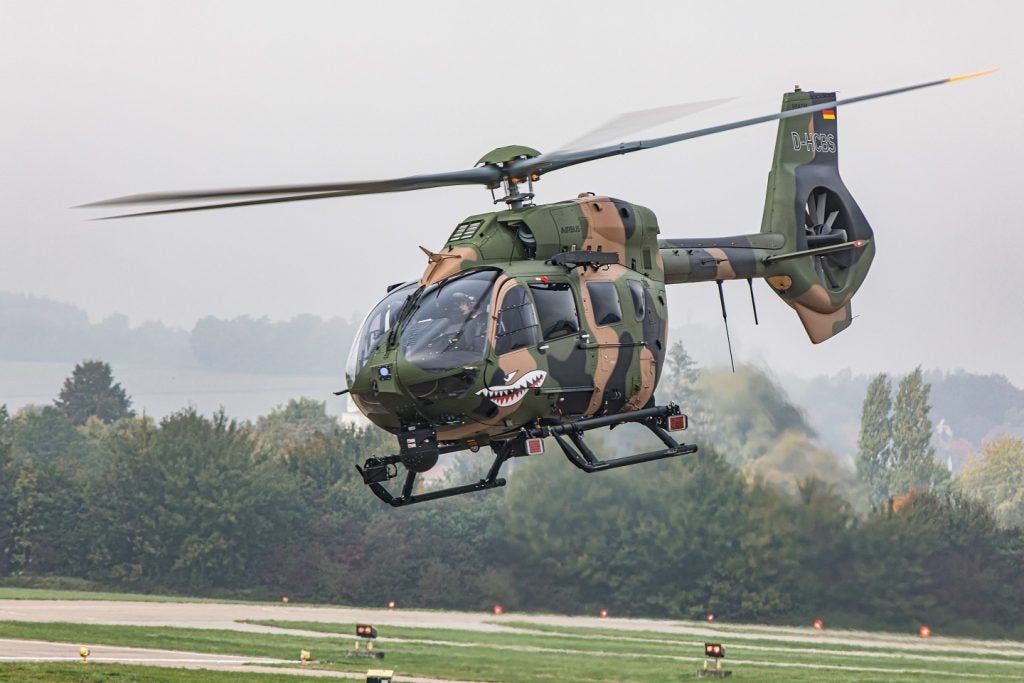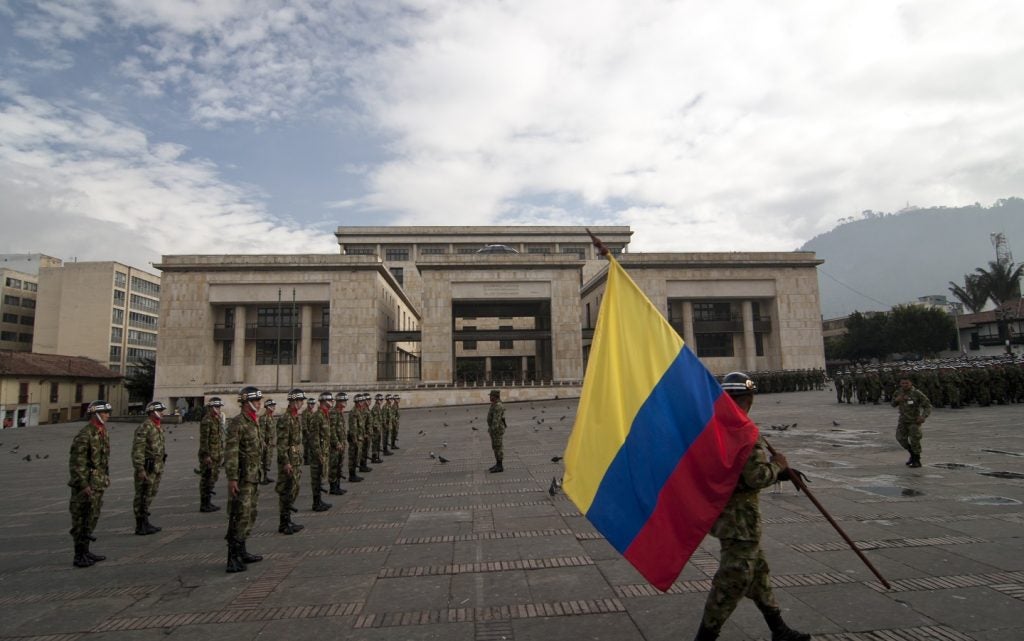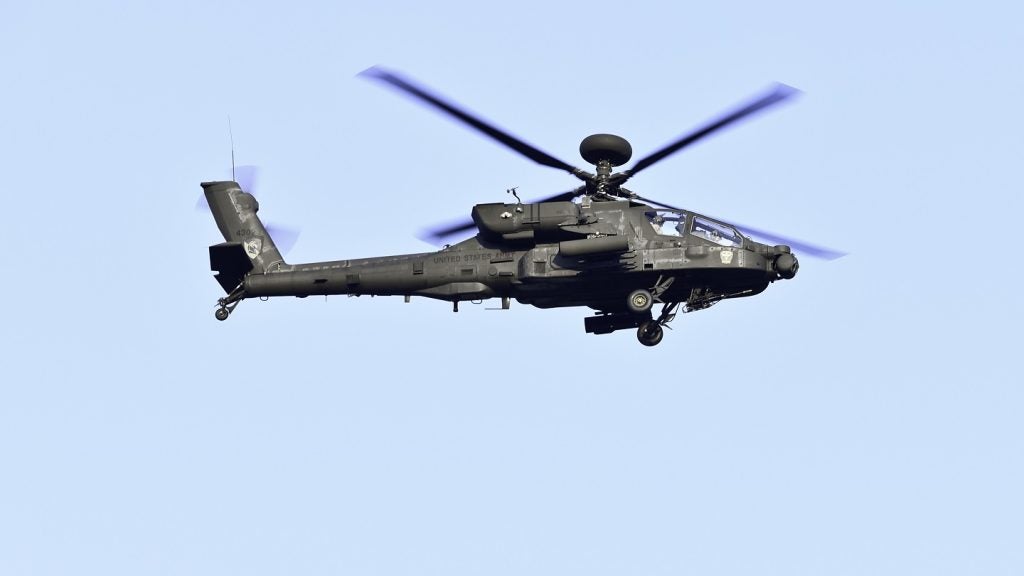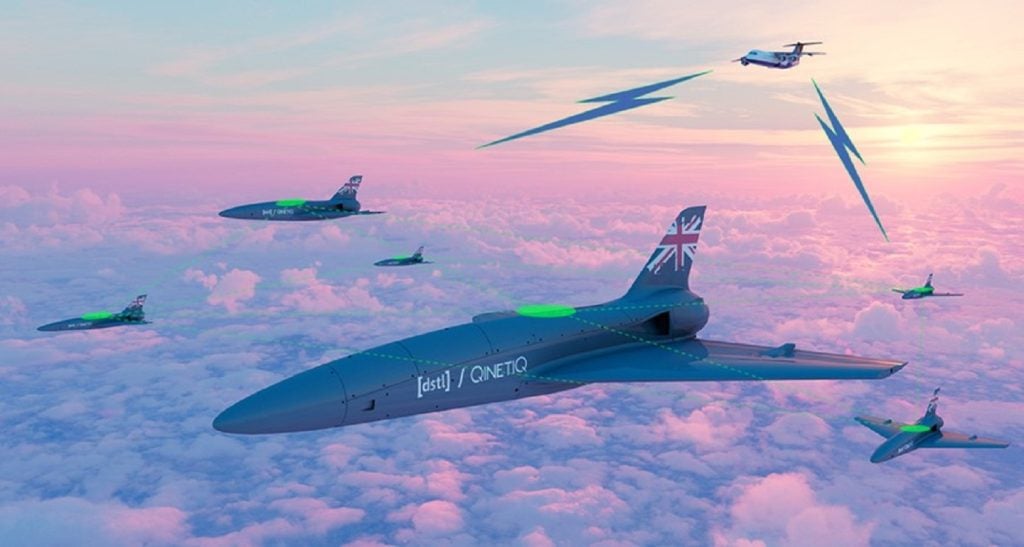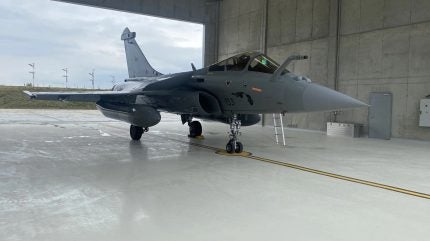
Zagreb witnesses the arrival of the first six Rafale jets, signalling Croatia’s commitment to enhancing its defence capabilities in collaboration with France.
In a ceremony attended by top government officials, including President Zoran Milanović and Prime Minister Andrej Plenković, Croatia formally welcomed the arrival of its first six Rafale jets at the 91 operational base near Zagreb. The event marks a milestone in Croatia’s efforts to modernise its military and strengthen its defence capabilities.
How well do you really know your competitors?
Access the most comprehensive Company Profiles on the market, powered by GlobalData. Save hours of research. Gain competitive edge.

Thank you!
Your download email will arrive shortly
Not ready to buy yet? Download a free sample
We are confident about the unique quality of our Company Profiles. However, we want you to make the most beneficial decision for your business, so we offer a free sample that you can download by submitting the below form
By GlobalDataAcquired from the French Air and Space Force as part of a larger procurement deal initiated in November 2021, these aircraft are set to bolster the operational readiness of the Croatian Air Force, known as Hrvatsko ratno zrakoplovstvo i protuzračna obrana (HRZ i PZO). Trained pilots from Croatia underwent training in France to operate these fighter jets, showcasing the deepening cooperation between the two nations in defence matters.
Croatia is acquiring 12 Rafale fighter jets to replace the ageing MiG-21 aircraft. The total contract cost for these aircraft is $960m. The contract also includes logistics support for three subsequent years and covers training for the Croatian Air Force, as revealed by GlobalData’s intelligence on the Croatian defence market.
The arrival of the Rafale jets reaffirms Croatia’s partnership with France. With the next batch of Rafale expected to arrive by the end of 2024, Croatia aims to establish a complete squadron by mid-2025, further enhancing its aerial defence capabilities.
Speaking at the ceremony, Éric Trappier, chairman and CEO of Dassault Aviation, emphasised the integration and logistic support provided by France: “The mastery with which the Croatian Air Force carried out this first ferry testifies to the excellence of its pilots and personnel, and brilliantly illustrates the quality of Croatia’s cooperation with France.
“Dassault Aviation is fully committed to completing the full integration and logistic support of the Rafale into the Croatian Air Force, which will contribute to ensuring Croatia’s sovereignty and enable it to successfully carry out its operational missions within Nato.”
Dassault Aviation SA occupies 5.6% of the European military fixed-wing aircraft market and anticipates earnings of $15.1bn. According to GlobalData’s The Global Military Fixed Wing Aircraft Market 2023-2033 report, the company has undertaken major programmes including Rafale aircraft for France, Greece, and Croatia.
Various countries have made moves in recent years involving Dassault Rafale fighter jets. France’s Defence Procurement Agency awarded Dassault Aviation a contract for 42 Rafale aircraft, Indonesia concluded its purchase of 18 Rafale jets, India opted to equip its Navy with Navy Rafale, Greece signed a deal for an additional six Rafale jets, expanding its fleet to 24 aircraft while bordering country Serbia was in discussions to acquire 12 new Rafales.
With the Rafale jets in service, Croatia is poised to play a more active role in regional security efforts while enhancing its interoperability within the broader Nato framework.



